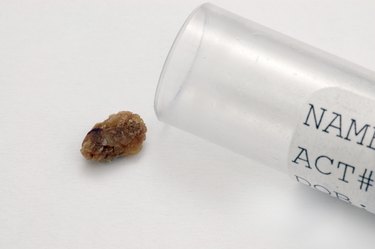At our kidney conditions page, we understand the importance of maintaining healthy kidneys and how kidney conditions can impact overall health. That's why we offer a variety of resources to help you better understand these complex conditions and manage symptoms effectively.
Our team of medical experts provides in-depth articles on specific kidney conditions, such as kidney stones, chronic kidney disease and polycystic kidney disease, as well as general information on kidney health and care. We also offer practical advice on managing symptoms, including pain, swelling and high blood pressure, and provide information on various treatment options, from medication to dialysis and kidney transplant.
Our kidney conditions page is a great resource for individuals of all ages who are dealing with kidney conditions, or who are at risk for kidney disease. We offer tips on kidney health and disease prevention, and provide information on lifestyle changes that can help improve kidney function."









